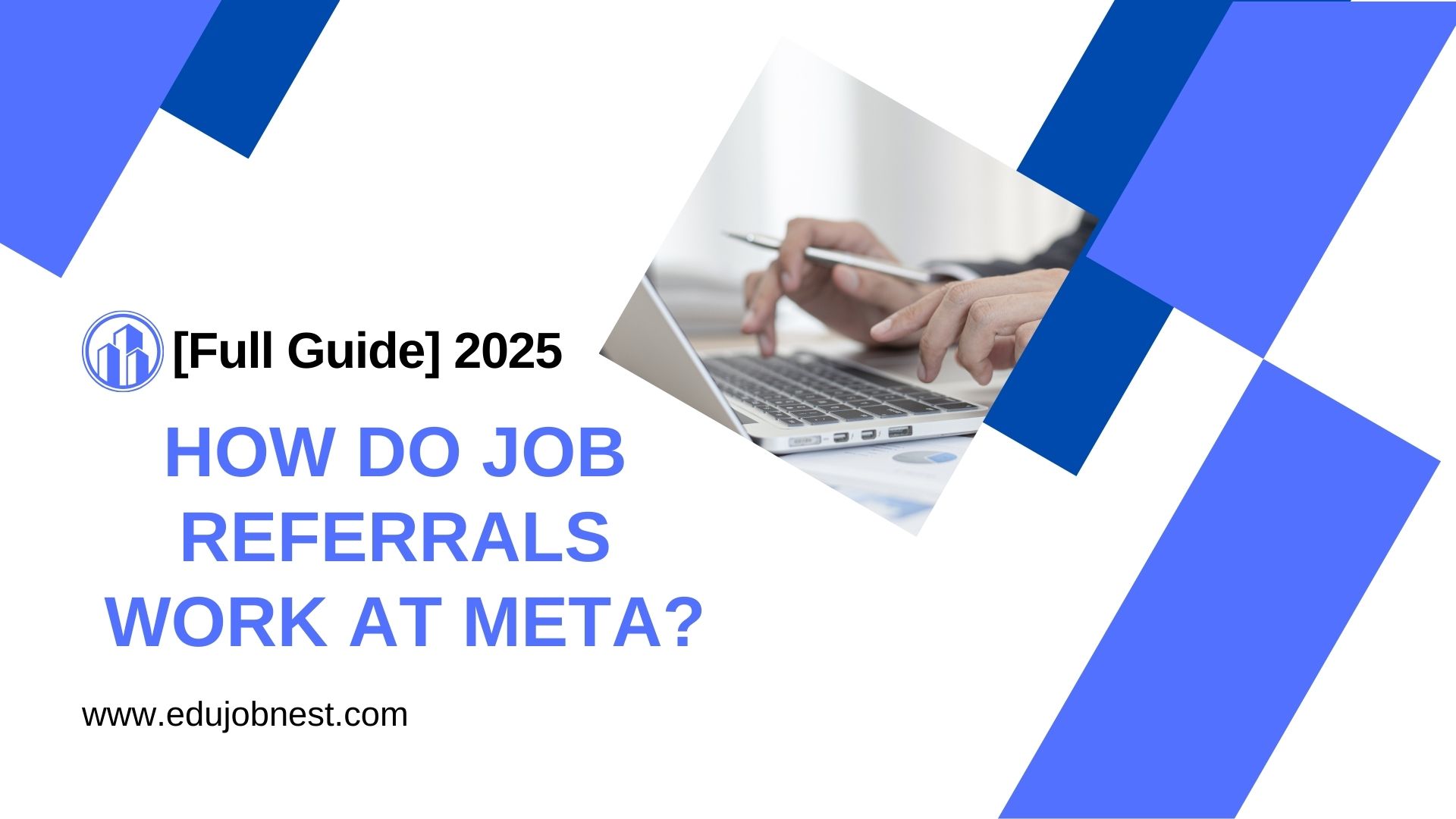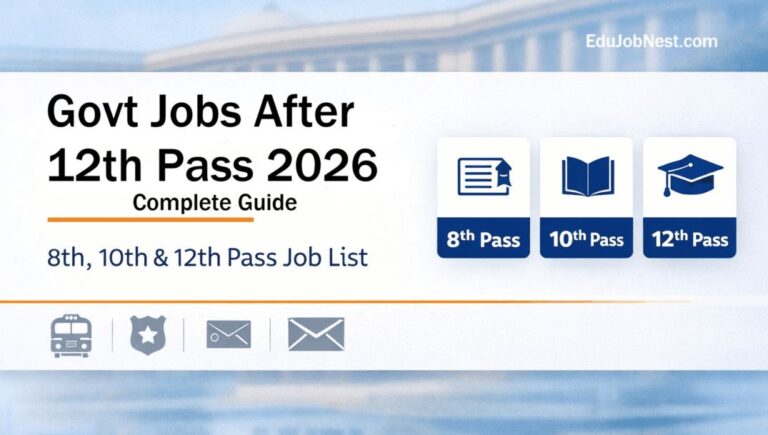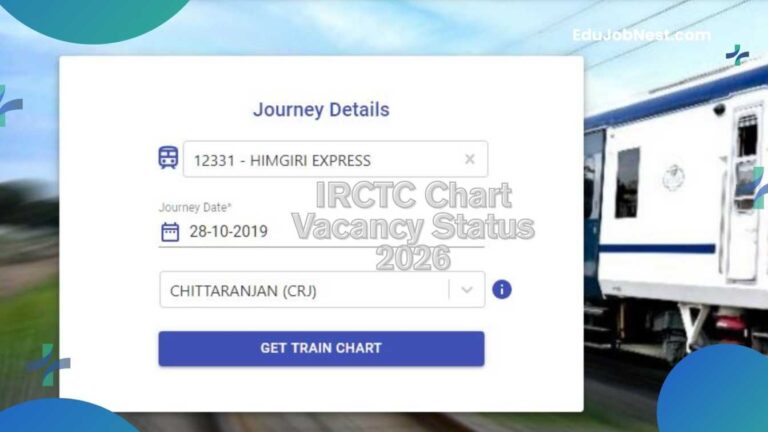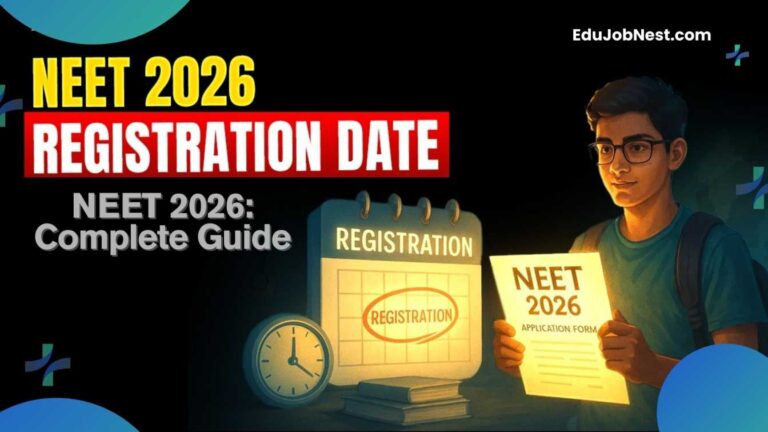
Introduction
How Do Job Referrals Work at Meta: Securing a job at Meta (formerly Facebook) is a dream for many in the tech industry, but competition is fierce, with thousands of applications flooding Meta’s systems every week. One powerful way to stand out among the crowd is through the employee referral process. This guide will detail exactly how job referrals work at Meta, why they matter, and actionable strategies for maximizing your chances—whether you’re searching for a remote or onsite role.
What Is a Meta Job Referral?
A Meta job referral is when a current Meta employee recommends a candidate for an open position. This recommendation helps your application bypass the automated resume screening system and land directly in front of recruiters. Data reveals referred candidates at Meta enjoy 3–5x higher initial screening rates and a 40% increase in advancing to technical interviews. How Do Job Referrals Work at Meta?
Also Read: How Education Loan Works in India: The Definitive Guide (2025)
How Do Job Referrals Work at Meta? The Benefits of a Meta Referral
- Priority Review: Applications submitted by referral skip Meta’s automated Applicant Tracking System (ATS) and enter a dedicated hiring pool.
- Stronger Consideration: A referral acts as an implicit endorsement. Higher-level referrals (from a tech lead or director) boost interview chances.
- Referral Bonuses: Meta employees receive incentives if their referral results in a successful hire.
- Faster Response: Candidates referred by an employee usually hear back from recruiters sooner, sometimes within 10 days.
The Referral Process: Step-by-Step
- Build Your Network: Connect authentically with Meta employees via LinkedIn, events, alumni networks, or professional groups.
- Request the Referral: Send a personalized message requesting a referral, providing context, your resume, and the role you’re targeting.
- Employee Submits the Referral: If they agree, the employee submits an internal form with your details, which is tracked and flagged for recruiters.
- Recruiter Review: HR tags referred candidates and begins initial screening. A referral increases the likelihood of progressing further.
- Interview Process: If qualified, expect a recruiter call, technical screens, and multiple rounds of interviews.
- Decision & Feedback: Successful candidates receive offers; others get feedback or can reapply after six months.
Myths and Realities About Meta Referrals
Myth 1: “Referral = Guaranteed Job”
A referral at Meta is not a golden ticket. Only about 7.3% of referrals lead to an offer—even highly qualified candidates must excel in interviews and show role alignment.
Myth 2: “Closer Connections Are Better”
LinkedIn data shows referrals from “weak ties” (acquaintances or second-degree connections) yield 23% higher success rates versus best friends or close colleagues. Networking widely is often more effective than relying on best friends.
Myth 3: “Any Role Works”
Applying for mismatched roles—even with a referral—hurts your chances. Meta’s systems penalize applicants who aren’t a strong fit, and may even impact the referrer’s reputation.
How to Get a Referral at Meta: Best Practices
- Leverage Second-Degree Connections: Use LinkedIn’s advanced filters to reach out to both first-degree and second-degree contacts who work at Meta.
- Participate in Meta or Industry Events: Attend conferences, webinars, or hackathons where Meta employees are present. Engage in meaningful discussions and showcase your expertise.
- Utilize Alumni Networks: Many universities have thriving alumni communities working at Meta. Tap into these networks for warm introductions.
- Be Specific: Reference the exact role, including job ID and description, when requesting a referral.
- Make It Easy: Provide your resume, links to your portfolio, and a brief summary of your experience.
- Show Value: Demonstrate how your background and achievements align with Meta’s mission and culture.
- Be Respectful: Don’t pressure employees; always thank them for considering your request, regardless of outcome.
How Do Job Referrals Work at Meta? Sample Referral Request Email
Hi [Employee Name],
My name is [Your Name] and I’m a software engineer with [X years] of experience in machine learning and distributed systems. I am passionate about Meta’s mission and I’m applying for the [Job Title, Job ID]. Would you be open to referring me for this role? I’ve included my resume and LinkedIn profile. Please let me know if you need more information.
Thank you for your consideration!
What Happens After a Referral Is Submitted?
- Get an Email Notification: Meta sends a notification email allowing you to apply for up to three jobs with each referral link— typically valid for 30 days.
- Recruiter Review: You’ll receive recruiter contact typically within two weeks, often faster than standard applicants.
- Interview & Assessment: Prepare for technical and behavioral interviews known for their rigor. Brush up on problem-solving and teamwork skills.
- Job Offer or Feedback: If successful, you’ll receive an offer; if not, feedback is often given to help future applications.
Also Read: Odisha Police SI Admit Card 2025: Download Hall Ticket & Exam Guidelines
Maximizing Your Referral’s Value
Meta’s recruitment is data-driven; optimizing your approach is essential:
- Resume Optimization: Use platforms like Jobscan to match your resume with Meta’s job descriptions. Increasing relevant keyword density (e.g., “distributed systems”) raises chances of passing screening.
- Team Due Diligence: Check hiring status on tools like Levels.fyi before seeking referrals—some teams may be on freeze, wasting your effort.
- Show Continuous Learning: Highlight ongoing projects, publications, or blogs that demonstrate your expertise in Meta-relevant fields (AI, AR/VR, digital privacy).
The Referral Experience for Remote Positions
Meta applies the same referral logic to remote and hybrid positions. As remote opportunities increase, referrals become even more powerful due to global competition. Make sure to specify your interest in remote work and use the same networking and optimization approach for these applications.
Common Mistakes to Avoid in Meta Job Referrals
- Generic Requests: Mass emailing, sending template messages, or failing to personalize your approach risks rejection.
- Overlooking Role Alignment: Applying for roles unrelated to your expertise reduces your chances.
- Not Following Up: Don’t disappear after requesting a referral. Stay polite and engaged, but never pushy.
- Skipping Resume Tailoring: Generic resumes fail against Meta’s ML-powered parsing system.
Referral Etiquette and Professionalism
- Build relationships first; never treat employees as transactional contacts.
- Be transparent about your goals and why you admire Meta’s culture.
- Respect privacy; if someone can’t refer, thank them and maintain the relationship.
- Offer your help or expertise when appropriate—relationships are reciprocal.
Trend Analysis: Why Are Meta Referrals So Popular?
Meta’s referral advantage has only grown with higher application volume and stricter hiring processes. As competition intensifies, a referral is now a near-essential asset for interview success. Networking across social platforms and industry events, and leveraging “weak ties” and alumni groups are rapidly becoming the norm.
How Do Job Referrals Work at Meta? Related FAQs
Q: Can interns or new grads get referrals at Meta?
A: Meta has modified its policy and may not accept referrals for new grad roles or internships in some sectors. Check with the latest hiring guidelines and consider alternative approaches such as university recruitment programs or industry events.
Q: Does a referral guarantee a job?
A: No—while it provides an application boost and priority review, candidates still need to pass Meta’s rigorous screening and interviews.
Q: Can I ask for a referral from someone I don’t know?
A: Cold requests work, but warm introductions from mutual contacts have higher success rates.
Outer Links
- Meta Careers
Meta’s official careers page details hiring process and current openings. - Levels.fyi
Provides real-time team hiring status and compensation data for big tech firms. - Jobscan
Resume optimization platform to match resumes with Meta job descriptions.
Conclusion
Meta’s job referral system is powerful—but only when approached strategically. Authentic networking, thorough resume tailoring, and finding the right fit multiply your opportunity to stand out. Use data-driven, respectful approaches to build relationships with Meta employees and make sure every step—from the initial request to the final interview—is planned for success.
Whether aiming for a remote role or an in-office position, referrals remain the “golden key” for entering Meta’s competitive hiring process. If you follow the steps, avoid common mistakes, and stay active in industry circles and alumni networks, a job at Meta can become a realistic goal.



